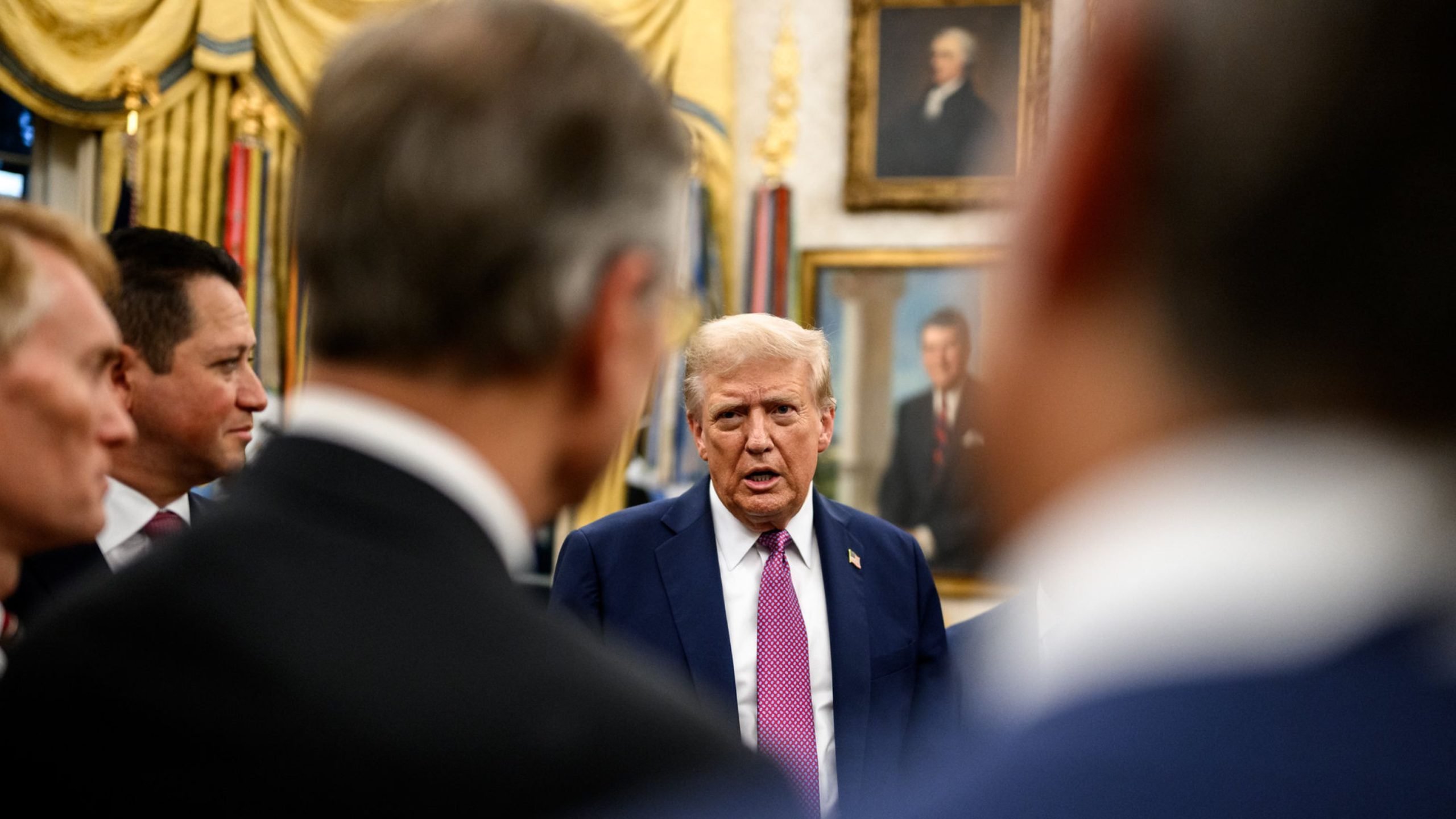Washington has decided to pull the plug on a series of international agreements crafted under the Biden administration to coordinate campaigns against what governments labeled “disinformation.”
More than twenty nations in Europe and Africa had signed on, but the memoranda are now void, closing the book on an effort tied to the controversial Global Engagement Center (GEC).
That office, which long caused controversy over its role in urging platforms to restrict online content, was wound down at the end of 2024, briefly rebranded as the Counter Foreign Information Manipulation and Interference Hub, and ultimately shuttered after months of political and legal battles.
According to European officials, partner governments were informed last week that the United States would no longer take part in the cooperative framework.
The Biden White House had originally pitched the initiative as a collective shield against propaganda from Russia, China, and Iran.
The GEC was created more than a decade ago to counter terrorist recruitment online before shifting its attention toward foreign state messaging.
That change, however, placed the center at the center of a heated fight over free speech. Republican lawmakers accused it of veering into domestic censorship, even as its defenders insisted the work was limited to hostile operations overseas.
The Trump administration took a very different view from that of the Biden administration.
The disagreements over the GEC illustrate the deep divide between those who argue for centralized, government-led coordination against foreign propaganda and those who see such structures as a direct threat to free speech, especially when those agencies were found to be used to suppress the speech of Americans.
For many, the center became a symbol of how counter-disinformation policies could be weaponized to stifle domestic political speech under the guise of national security.
Around 22 countries had signed onto the agreements, which the Biden administration saw as laying the foundation for a unified response to foreign information campaigns.
With Washington walking away, those allies are left to decide whether to continue their efforts without American coordination.










